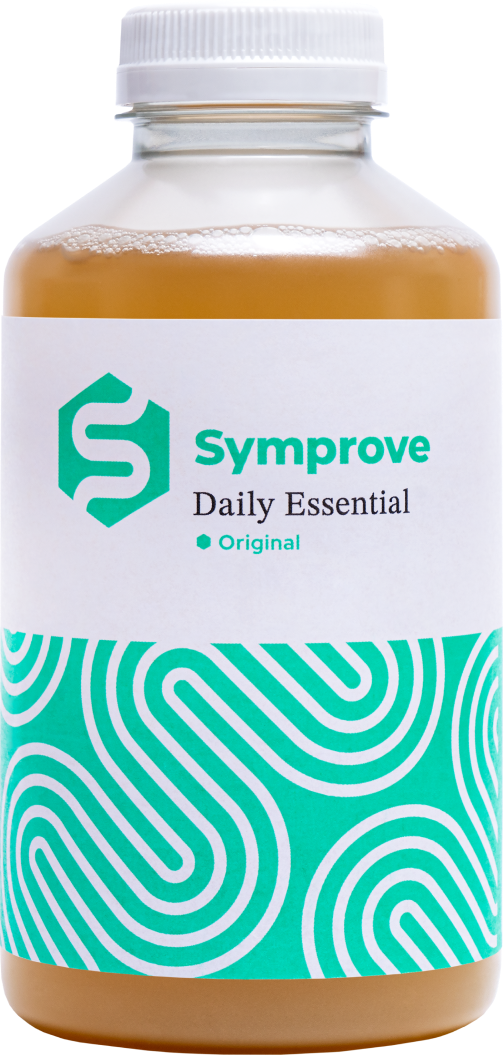One of the most effective and evidence-based dietary approaches, particularly for the IBS-D and IBS-M subtypes, is the low FODMAP diet. Originally developed at Monash University, this diet aims to restrict highly fermentable short-chain carbohydrates followed by a period of reintroduction and personalisation. However, more recent research suggests that a ‘gentle’ version of the low FODMAP diet may be effective for some patients. Download the article to find out more about the traditional low FODMAP diet and the FODMAP gentle approach.
Learning Objectives:
1. Understand the key differences between the traditional low FODMAP diet and the FODMAP gentle approach
2. Recognise which foods are low, medium and high FODMAP
3. Identify the suitability of the low FODMAP approach in different patient groups
About our author:
Amy Gittins has been working as a dietitian for over 10 years, with a strong passion for gastroenterology. She is particularly dedicated to providing expert, evidence-based care to those with irritable bowel syndrome (IBS). She is trained to deliver the low FODMAP diet, enjoys writing for outlets such as Clinical Nutrition (CN) magazine, and co-delivers the British Dietetic Association (BDA) ‘management of IBS using the low FODMAP diet’ course.
About our reviewer:
Dr Sammie Gill is registered dietitian and Senior Clinical Research and Science Communications Manager here at Symprove. Sammie has previously worked as a Policy Officer in Evidence-Based Practice at the British Dietetic Association (BDA), as a Postdoctoral Research Associate at King’s College London investigating nutritional interventions in the management of gastrointestinal disorders, and most recently as a specialist gastroenterology dietitian in the NHS.


